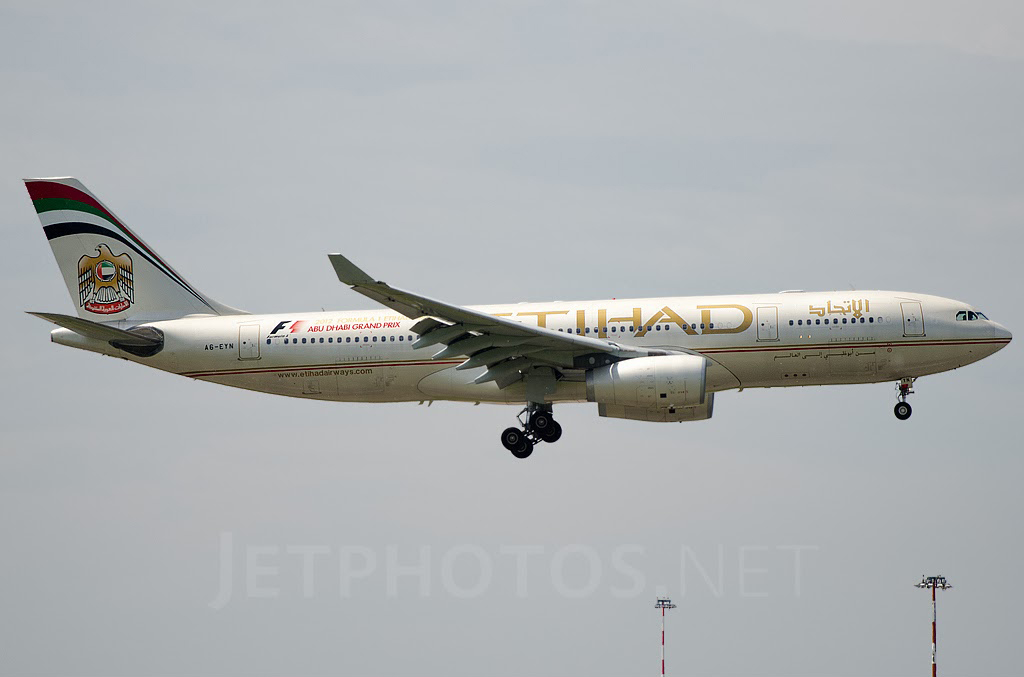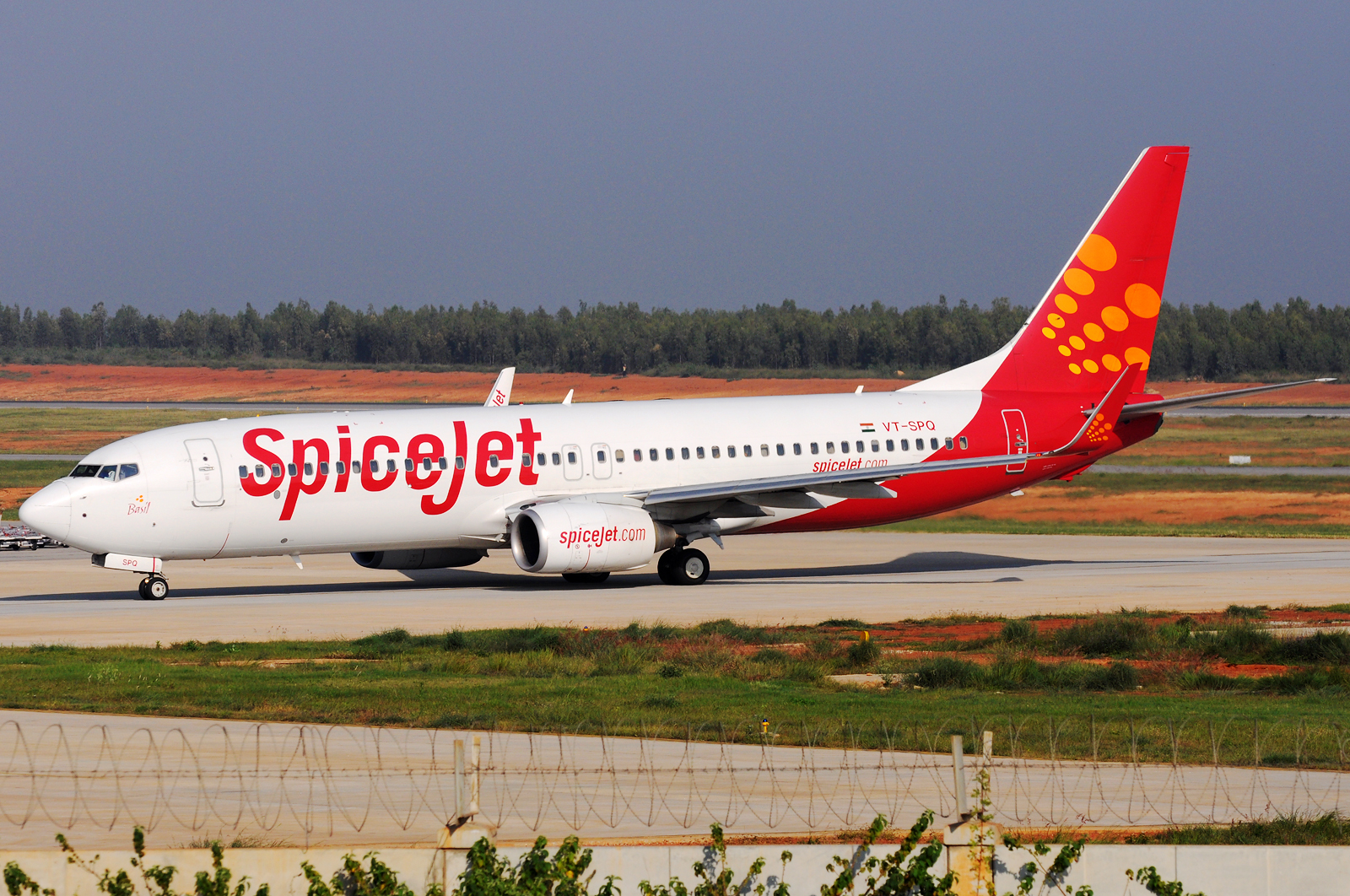The official version of the press release from the Press Information Bureau of the Government of India.
India and United Arab Emirates (UAE) signed an MoU on Air Services, following the two-day bilateral negotiation at Abu Dhabi today. The UAE had urged India to allocate additional 40,000 seats per week, grant Goa, Pune, Amritsar and Lucknow as additional points of calls, remove the maximum cap prescribed from each point of call in-term of seats / frequency per week and allow 3rd country /domestic code share facility. India was looking at the negotiations in overall economic interest of India and Government’s policy of liberalization for attracting foreign investment in India, including civil aviation sector. The Indian side had requested the UAE side to grant change of gauge facility at Abu Dhabi to Indian carriers in addition to ensuring full fifth freedom rights from UAE.
As per the present Air Service Agreement, the designated carriers of both sides have existing entitlement of 13,330 + 2% flexibility (total 13,600) seats per week with eleven points of call available to UAE . After present negotiations both sides have agreed to allocate an additional entitlement of 36,670 seats per week spread over a period of 3yrs; 11,000 seats per week in year 2013, 12,800 seats per week up to winter schedule 2014 and 12,870 seats per week up to winter schedule 2015. Both sides have also agreed to extend 3rd country and domestic code share facility.
However Indian side has not agreed to the request of UAE for any additional point of call and removal of cap in terms seats/frequency from each point of call. The additional 2% flexibility on total entitlement has been done away with. Both sides have agreed to extend 3rd country code share and domestic code share of designated airlines of either side. The UAE have agreed to Indian request of change of gauge facility and both sides have agreed to allow designated airlines of each side to have the option to change the aircraft in the territory of the other party.
The enhancement in the present capacity spread over three would allow the carriers of both the countries to plan their future operations. The change of gauge facility will provide operational/commercial flexibility to Indian carriers to enable deploy equipment corresponding to market demand. This will help in enhancing international connectivity for Indian passengers and also facilitate local and international route networking.
Our Analysis
- This agreement covers the UAE excluding Dubai.
- This agreement is despite the fact that Etihad, had not asked for any increase in capacity, till just before there was traction on the Jetihad stake sale deal.
- This agreement is an “about-face” of the Indian civil aviation minister’s statements earlier this year saying that no additional bilateral privileges would be given to Middle-East carriers which was prompted following the scathing indictment of the civil aviation ministry granting massive seat increases in bilateral agreements, especially to Emirates airline, by India’s Comptroller and Auditor General (CAG).
- This agreement almost quadruples the capacity between India and Abu Dhabi. What makes this agreement incredulous, is that Indian carriers have still not fully utilised the seat capacity of the existing agreement.
- The “change of gauge facility” (which allows for a change of aircraft size mid-route on a single flight number), along with code-share facility can specifically benefit the Etihad-Jet Airways partnership. The two airlines can now code-share with each other, putting their flight numbers on the other’s aircraft, and change aircraft at Abu Dhabi. i.e. Jet Airways can commence a journey in India with a flight number for each of Etihad’s destinations, and move passengers on to Etihad metal at Abu Dhabi who will continue the flight with the same Jet flight number but as a code-share. This can be repeated in reverse too.
- For Etihad which now has a significant say in Jet Airways’ international operations, this is a bonanza that will give it the ability to bypass Dubai-based Emirates airline. Etihad will gain the UAE quota of 50,000 seats, plus the 42,000 seats that Jet Airways has requested from the Indian side. A total gain of around 90,000 seats per week, an unheard of 700%+ increase, which will catapult Jetihad over rival Emirates with its 50,000 seats per week to India.
- Based on this ill-timed agreement, there is growing pressure on the Indian government from other nations, mostly the Middle East for increases. In terms of seats per week, Qatar wants to increase from 24,292 to 72,600 (+299%), Sharjah wants 30,316 from 18,816, Dubai from 54,200 to 74,200 (Dubai has actually asked for a straight doubling of their seat capacity, but not officially).
- There are a number of eyebrows being raised not just the haste with which the MoU was signed, but also the timing. Being so close to the stake sale of Jet to Etihad, most aviation analysts believe that this MoU was done specifically to help the Jetihad deal go through at the 31.5%+ premiums Jet Airways was demanding of Etihad. All the respected Indian newspapers are raising the spectre that the Indian Government has entered in to this agreement as a quid-pro-quo for benefiting the promoters of Jet Airways, persons who are known to wield tremendous clout in the corridors of power.
Some recommended quotes and reading of opinions on the MoU and the Jetihad deal
The more problematic case concerns Jet-Etihad. As Jitender Bhargava pointed out in this paper yesterday, the share transaction came simultaneously with the government’s decision to dramatically increase the number of flights that could be operated to India and back from Etihad’s base in Abu Dhabi. That would certainly have raised the value of Jet to Etihad; in effect, the government had given a free gift to Jet’s shareholders – arguably at the cost of Air India and other players. Faced with criticism, the government has justified its action by saying that the number of flights from the two domestic hubs of Mumbai and Delhi would be restricted, but that misses the point. Encouraging more flights from smaller airports to hubs in West Asia undercuts the prospect of developing domestic hubs, and is manifestly indefensible. Predictably, other airlines in West Asia have asked for similar treatment – and the demands plus the Abu Dhabi deal add up to 68 additional wide-bodied flights every day of the week!
– T.N. Ninan, Business Standard editorial.
Once again, national interest seems to have been subordinated to what is best for one airline company or the other. The government is making far-reaching policy decisions on an ‘airline-to-airline’ basis.
– Jet-Etihad deal and the national interest, P.R. Sanjai, The Mint
This has led to a question: was the grant of additional seats factored in for Jet Airways to obtain a higher valuation compared to what was being discussed in January 2013? Given that the two announcements – stake sale and grant of additional seats – came within hours of each other, was an assurance on additional seats demanded by the airlines and given by the government before the pronouncement of stake sale? These are serious questions because, if the link can be established, it is not only akin to insider trading but also demonstrates how decisions can be forced out of the government by powerful individuals.
……let us welcome Jet Airways as the national carrier because it enjoys the patronage of the Government of India and has been given a head start!
Jet Airways, national carrier?, Jitender Bhargava, The Business Standard
The bilateral agreements are fundamental to this deal. If the bilateral pacts were either delayed or not approved, the deal would not have happened. I am quite certain that valuation is largely a kind of premium and the final data was largely dependent on the bilateral pacts that were signed. If the bilateral pacts were not followed though, I don’t think it would make any sense for Etihad to invest in Jet Airways.
Three months ago, the civil aviation minister had publicly stated that Middle-East carriers would get any traffic rights only if their Indian counterparts were allowed the same privileges. I don’t know what happened in those three months for the government to make an about-turn and change its position on not giving bilateral privileges to Middle-East carriers. In fact, Etihad was never in the line for seeking enhanced bilateral agreements. The demand was primarily made by Qatar and Emirates. But this deal had changed the entire scenario.
Kapil Kaul, CEO – South Asia, CAPA, interview with CNBC-TV18
PS: I am travelling en-route to the United States so please bear with any delays in posting articles.
 Bangalore Aviation News, Reviews, Analysis and opinions of Indian Aviation
Bangalore Aviation News, Reviews, Analysis and opinions of Indian Aviation





2 comments
Pingback: Remove 5/20 rule to encourage Indian competition to foreign airlines - Bangalore Aviation
Pingback: Qatar Airways in talks with IndiGo, denies interest in SpiceJet - Bangalore Aviation